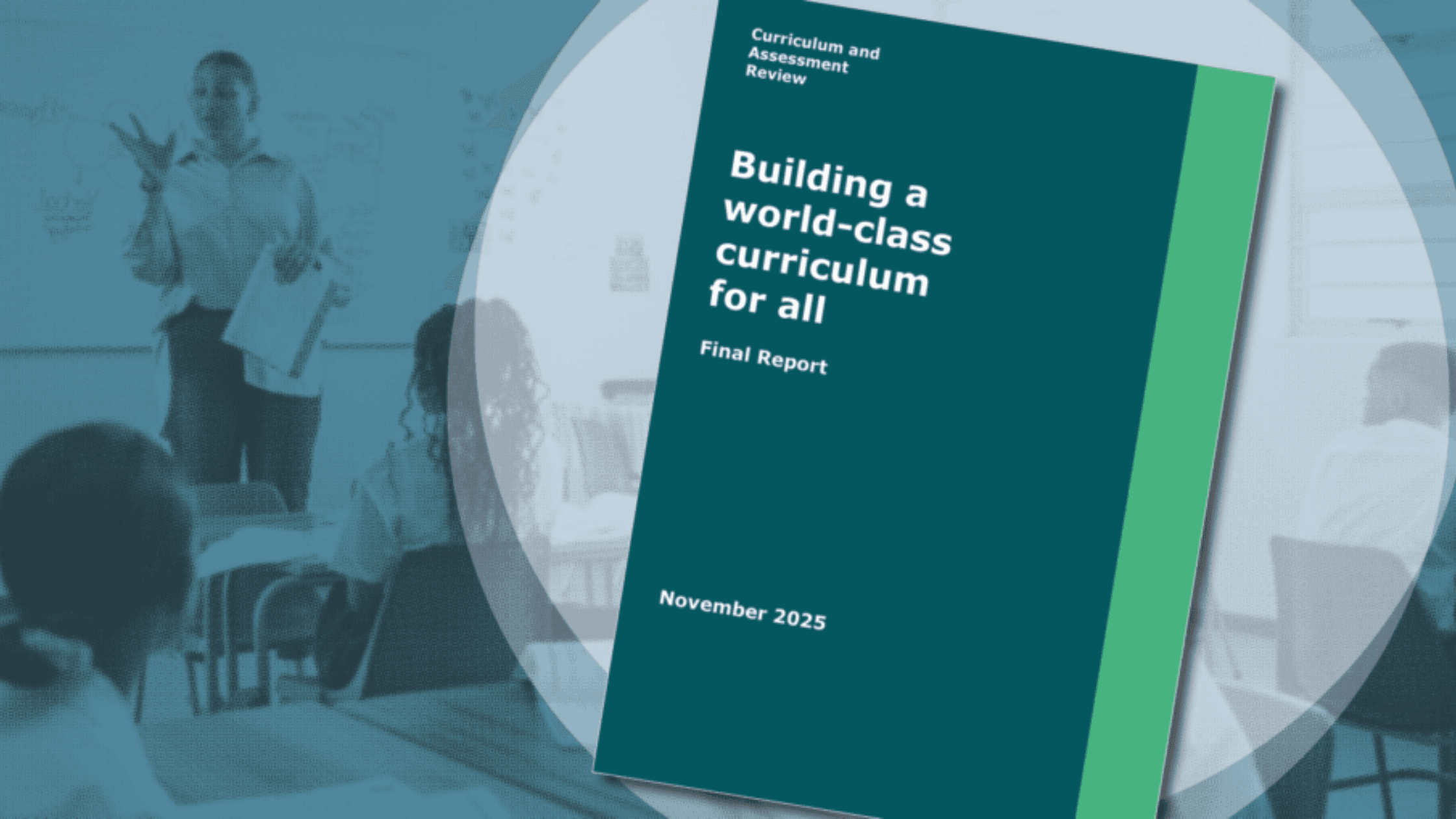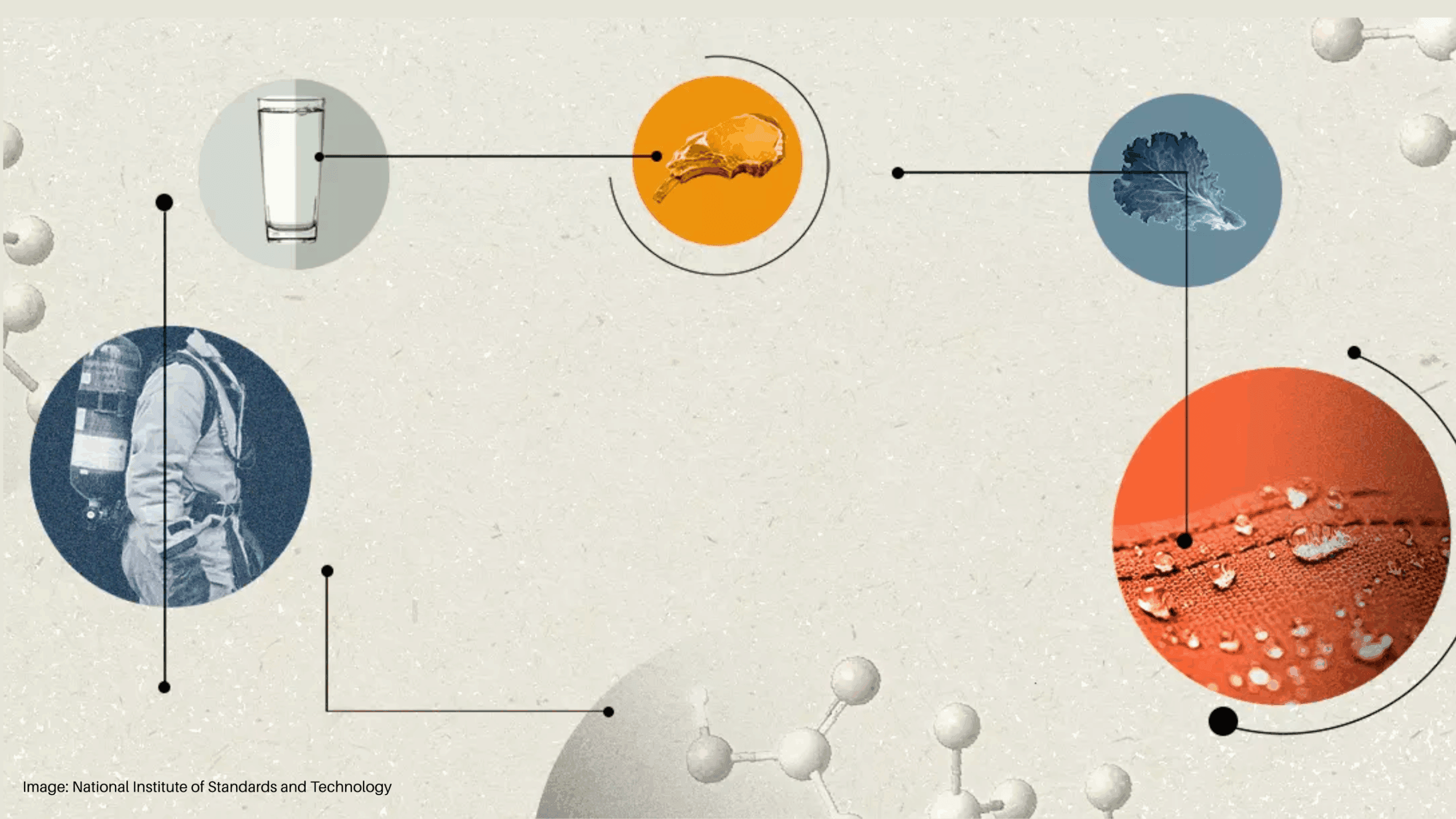Earlier this month, the Department for Education published its Curriculum Assessment Review (CAR), calling for better education on misinformation, as well as climate and sustainability in the face of changing digital trends and prevalence of Artificial Intelligence (AI).
This follows wider efforts across the private sector to highlight how misinformation generated by digital trends and AI could affect sustainability efforts, as well as the ways that young people – and others – engage with online content.
The Review found that digital literacy is essential in order for young people to understand the way that facts are disseminated across the internet, citing climate change denial as a particular concern.
For example, a report by the British Beauty Council found that 90% of consumers want better information on recycling finished products, 88% want more information on environmentally friendly product use, 86% want clarity on how supply chains really work.
But not only is digital literacy essential for young people, it also serves an important business role. As the Review points out, climate education in schools has the potential to create new industries and jobs – in beauty and beyond.
Moreover, by cutting through misinformation and encouraging the responsible use of AI, businesses can play an important role in safeguarding the creativity and research integrity of young people entering the workforce.
Earlier this year, the British Beauty Council’s Creator Collective launched its ‘Gen A-Z’ teen skincare guide in collaboration with Cult Beauty. The guide outlined common skincare misconceptions, instead showing teens how to stick to science-backed skincare facts.
With 41% of tweens now saying that they trust influencers to give them skincare advice, the government’s drive towards better education around what young people can trust online couldn’t come sooner.
As always, the British Beauty Council is continuing to engage with the government on these issues, encouraging the adequate provision of skills for young people outside of traditional academic pathways.
Finally, if you’d like to share your thoughts on the Curriculum Assessment Review’s new vocational pathways, you can find out how to contribute to the consultation here.




